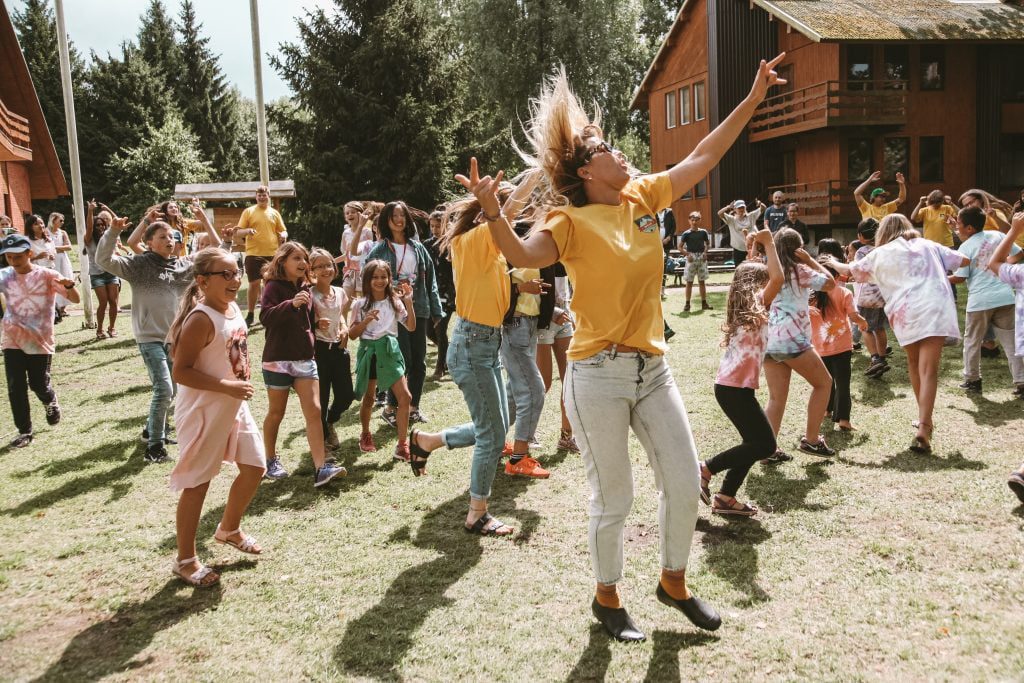About Us
Find out about Motherground
The Waldorf Exchange Summer Program began in 2009, providing an international camp experience rooted in Waldorf education. Our holistic approach emphasizes connection, creativity, and personal growth, all within a nature-inspired setting.

Who We Are
Motherground was founded in 2009 by Liva from Latvia and Yiqing from China, with the goal of providing a healthier education model for children in an international environment. Since then, we have been organising Waldorf Summer Camps in Latvia, Lithuania and China, with the original impulse of promoting a holistic approach to learning and play.
Our camps focus on the idea of “learning to play, playing to learn,” and we have maintained this principle throughout the years. We are dedicated to creating a safe and nurturing environment where children can explore their creativity, develop new skills, and form lasting friendships.
At our camps, children engage in a variety of activities, including arts and crafts, music and movement, nature exploration, and more. We strive to incorporate elements of Waldorf education, which emphasizes the importance of imagination, creativity, and hands-on learning. Our staff consists of Waldorf-trained teachers and counsellors.
We are proud to have grown naturally throughout the years, and we are committed to continuing to provide enriching and transformative experiences for children in our summer camps.
Our Core Team
Waldorf Education
“Our highest endeavour must be to develop creative and responsible human beings who are able to deal with diverse situations and to direct their lives with purpose.“
Rudolf Steiner, founder of Waldorf education
